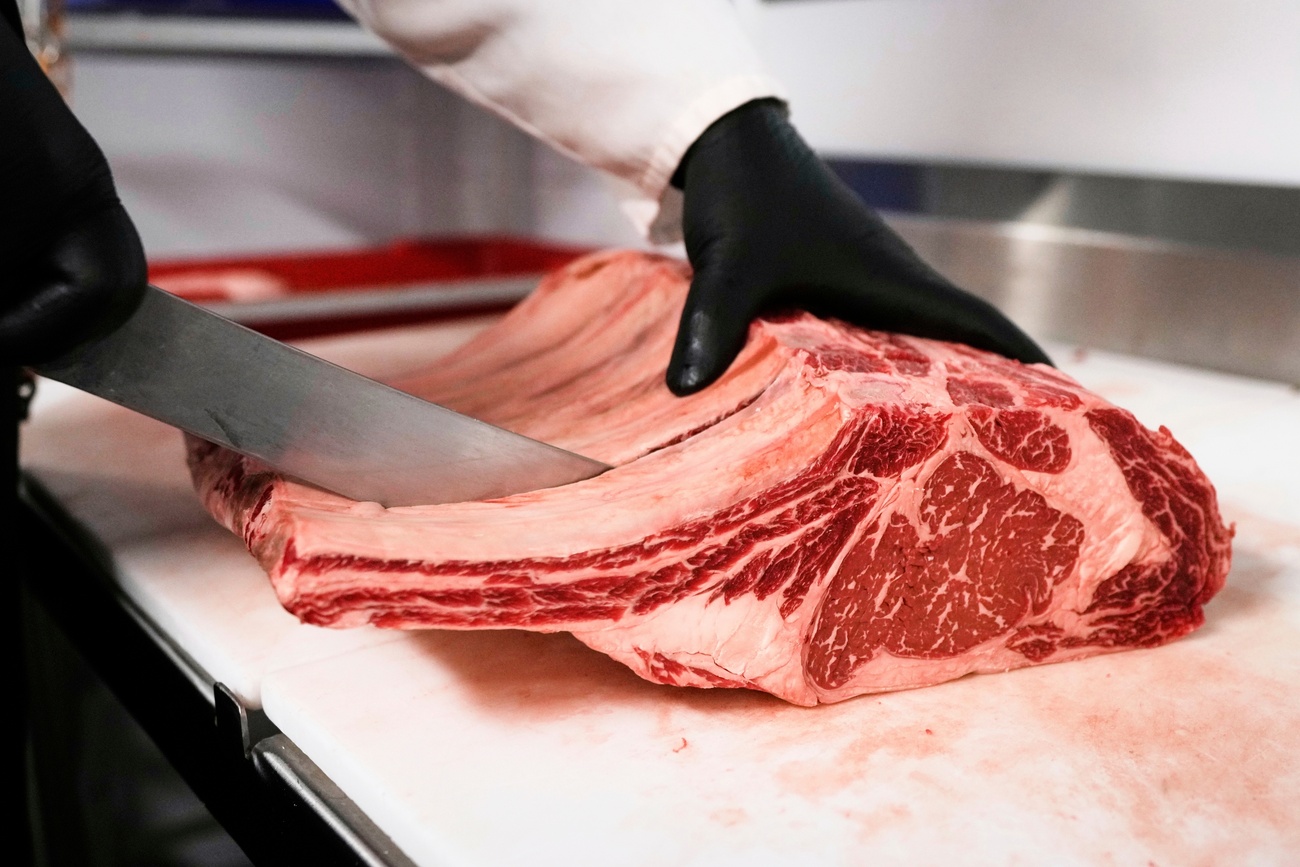
Countries agree to clamp down on fake drugs

Delegates at an international conference in Basel have agreed on the need to step up the fight against the multi-billion dollar counterfeit drugs market.
The move paves the way for a new Council of Europe convention outlining tougher measures against those manufacturing and selling fake Viagra, slimming pills and other medications.
The Medicrime convention would be the first international instrument to criminalise the faking of medical products and similar activities.
On Friday more than 140 participants from around 40 countries at the Swiss-hosted meeting signalled their support for the text, which is due to be adopted by the Council of Europe in May this year and released for ratification in the autumn.
“It is indeed a landmark because this is the first time that we will have a convention which obliges the parties to criminalise the counterfeiting of medical products, not because it is an economic crime, but because it’s a threat to public health,” the Council of Europe’s Kristian Bartholin told swissinfo.ch.
“This will give additional tools to the law enforcement and health authorities involved in the fight against the counterfeiting of medical products to go after the criminals behind it.”
Boom market
The booming but clandestine fake drugs market is run by highly organised criminals, officials said, and is believed to be worth billions of dollars. A large part of its activities is conducted over the internet.
According to the World Health Organization around 50 per cent of medical products sold online are bogus. A big problem are fake e-pharmacies.
The convention would criminalise the manufacturing, supplying and trafficking of counterfeit medical products, which includes drugs and devices. The falsifying of accompanying documents would also be outlawed, as would putting illegal medications – those not approved by the authorities – onto the market.
Switzerland, currently the chair of the Council of Europe Committee of Ministers, was a co-organiser of the conference through Swissmedic, the Swiss Agency for Therapeutic Products. It has not been spared by the problem.
50,000 fake imports
“We did a survey around a year ago when for a certain period all illegal imports found by customs were sent to Swissmedic. We calculated that there must be around 50,000 illegal imports of medicinal products bought by Swiss citizens over the internet a year,” Karoline Mathys Badertscher, head of market surveillance at Swissmedic, told swissinfo.ch.
Some people are tempted by impotence or slimming pills said to be herbal and to have no side-effects.
“We did analysis in our labs and nearly all those products had synthetic active substances or prescription-only substances which have a lot of restrictions and should not be taken without medical supervision,” Mathys Badertscher said.
So far – as there are strict controls – no fake medicines have made it onto pharmacy or hospital shelves in Switzerland, although there have been cases in Britain involving cancer and Aids treatments, added the expert.
Bogus drugs are also a problem for the country’s huge pharmaceutical sector, which is largely based in Basel. The industry was represented at the meeting, Mathys Badertscher said.
Global effort
The convention’s measures are designed to encourage countries – including non-Council of Europe states – to boost both national and international collaboration.
One change in Switzerland would be to the criteria needed bring a prosecution. Currently it is necessary to prove that a counterfeit medicine is dangerous, but in future a case could be brought where only the threat of harm is present.
Mathys Badertscher said that overall she had been encouraged by the delegates’ recognition of the need to act against the trade in counterfeit medicines.
“We have to fight jointly against this worldwide danger. We have seen presentations which showed it’s a billion-dollar business and we need a global comeback against this problem.”
Isobel Leybold-Johnson in Basel, swissinfo.ch
A counterfeit medical product is a product whose identity, nature and/or source are fraudulently misrepresented on the label.
It is hard to give a figure for a market largely made up of clandestine criminal activities, but it is estimated to be worth billions of dollars worldwide.
According to the WHO, fake medical products account for less than 1% of market value in developed countries, where there are efficient regulatory control mechanisms, but up to more than 50 per cent in developing countries and from internet sites that conceal their identity.
Swiss customs seized 68 per cent more illegal medicines at border checks in 2009 than in 2008.
The meeting in Basel from April 15-16 was aimed at discussing the practical implementation of the future Council of Europe Medicrime convention.
The event was organised under the aegis of the Swiss chairmanship of the Council of Europe Committee of Ministers. It was organised by Swissmedic and the Council of Europe.
The convention is due to be adopted by the Committee of Ministers on May 11, 2010 and opened for signature on November 25 at the Conference of Ministers of Justice in Turkey.

In compliance with the JTI standards
More: SWI swissinfo.ch certified by the Journalism Trust Initiative





























You can find an overview of ongoing debates with our journalists here . Please join us!
If you want to start a conversation about a topic raised in this article or want to report factual errors, email us at english@swissinfo.ch.